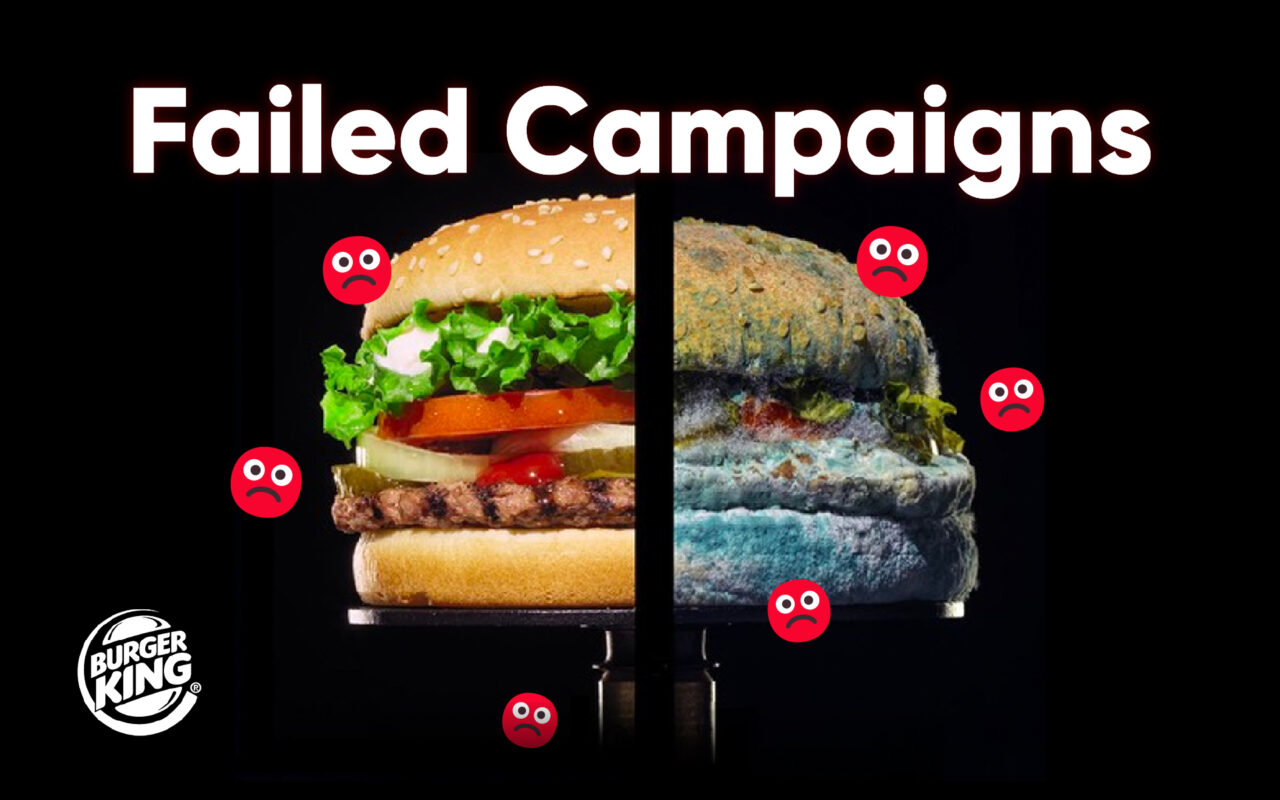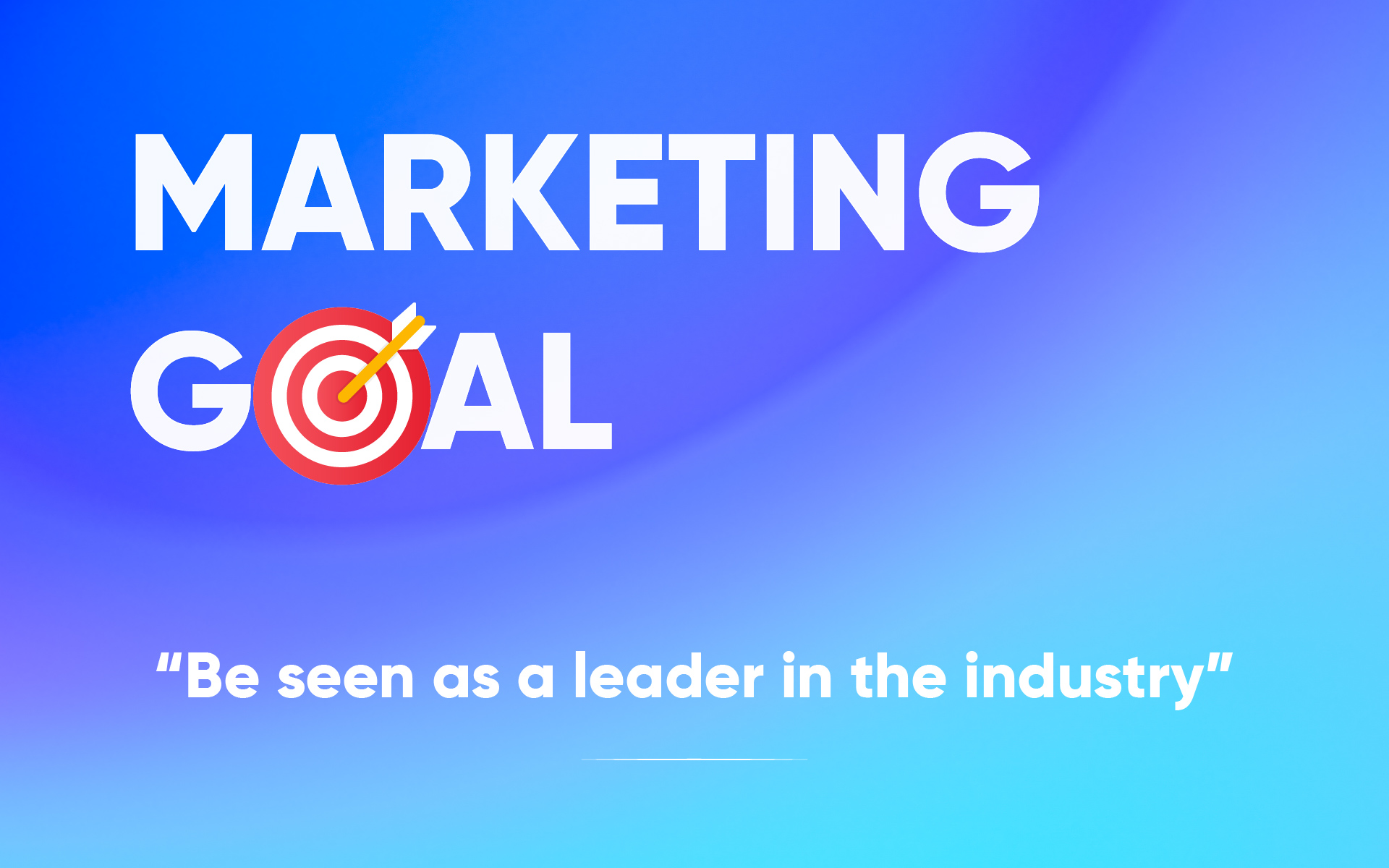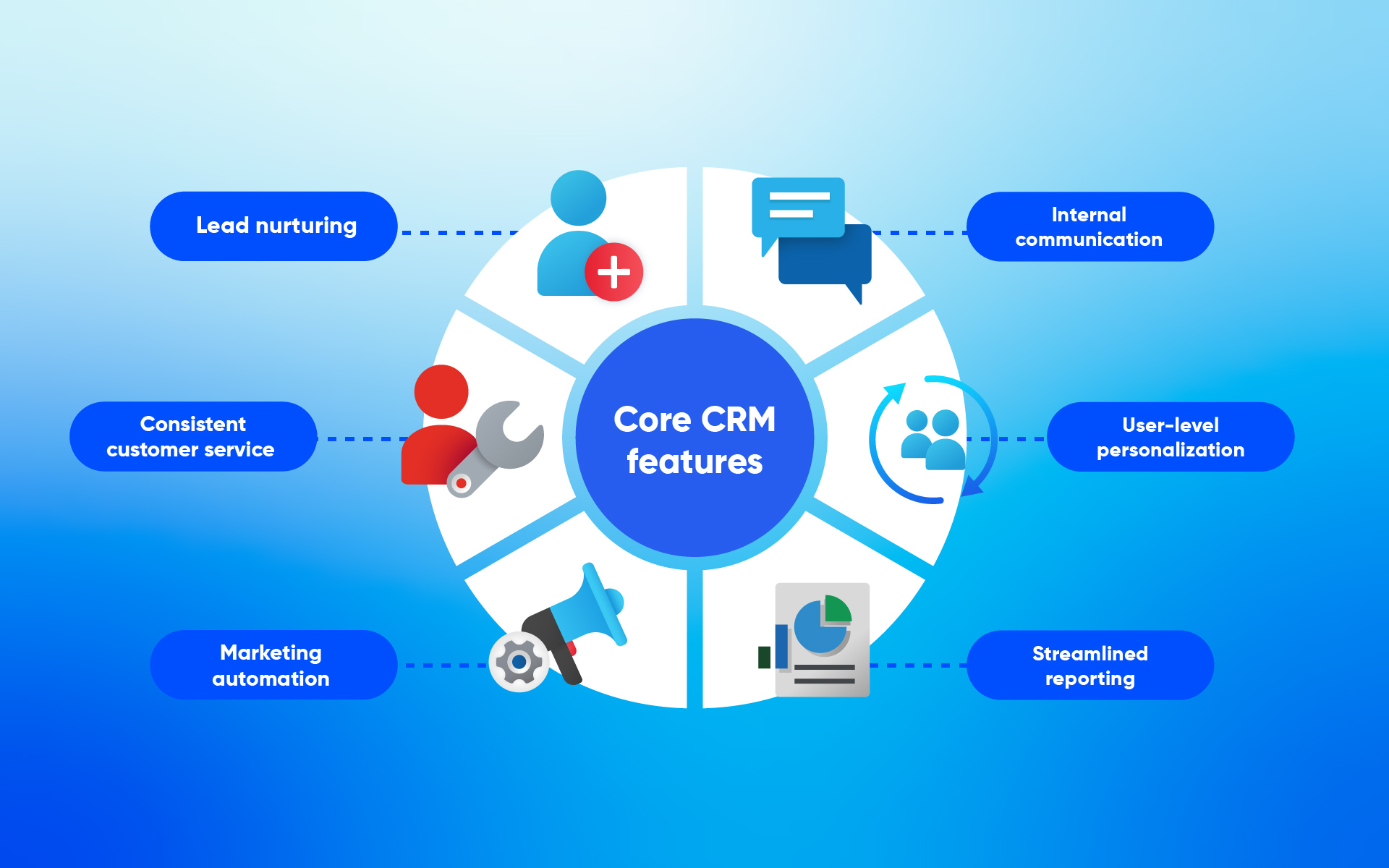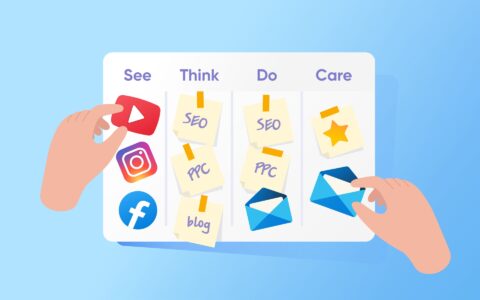Harvard Business Review uncovers shocking stats, 85% of marketing campaigns fail. And the reasons? Problems with marketing data management and potential customer data care. But there are more of them. Here's the list with tips on how to deal with the issues.

Failed campaigns are not only about lost finances. They negatively affect your whole company. Including your teams. They are a waste of time and energy, and they can even do damage to your reputation.
If you've been through this and have some failed campaigns on your account, too, you know how painful and dreadful these can be.
So here are the common reasons why yours fail.
Unclear Positioning
The number one issue is certainly unclear positioning.
So, let's start with that, the hardest one from this list. The issue that significantly impacts the effectiveness of a sales funnel by creating confusion and uncertainty at various stages of the customer journey.
If people don't understand your offer, how unique your product is, and how it will help them - what the value of your product is, the whole campaign will be difficult to drive any traffic.
What to do here? Show the customers what you offer the best way you can. Show how it looks and works in real life. Be authentic and do your best to sell it.
Small Budget
On LinkedIn, there are hundreds of memes and jokes about how marketing teams struggle with small budgets. You can laugh at this but a small budget is a real issue.
It's like salt in a wound. Painful for marketing team members who are expected to drive results and want to but can't because it doesn't have resources.
Without money, nothing is possible. And with money, anything is. That's the truth of today.
With a small budget, your campaign:
- Won't run for as long as it could. Or as long as your competitors' campaigns run.
- Won't display to enough potential customers. Which means it won't drive leads and sales.
- Won't show often which means you won't meet your brand awareness goal and will miss the lead nurturing.
How to solve this? By calculating your marketing budget.
Marketing budget calculation
Have you always set your budget based on gut feeling, not data? That's a huge no-no.
Do your math homework here, and calculate your budget.
Businesses that make less than $5 million annually are recommended to set aside about 8% of their gross revenue. This is a good starting point. But since every business is unique, you don't have to go according to this exactly. You can also calculate it according to what results you want to achieve.
Determine your target cost for acquiring a new customer and how many new customers you want to gain through your marketing. Then, multiply those two numbers and add in any fixed costs.
And you're done. Your right budget is set.
No Clear Goal
A frequent issue with marketing a campaign is that it doesn't have one clear goal.
Companies usually go for many goals wanting to cover everything. "This, that, and this a bit, too..." But that's exactly the seed of issues. How can you then know if the potential customer's experience with the campaign was good? And how to evaluate a campaign that only met "a few" targets, not all of them?
It's pretty impossible. And both you as a leader and your team will be confused. You won't be sure what was right in the campaign and what wasn't. Because you'll see some things working and some not but won't be able to distinguish what the connection between them was. And how it affected the final result of the whole campaign.
So, stop for a minute. Have a look at your data points, make an informed decision, and set one measurable goal.

Being a Dreamer
We all enjoy dreaming. But if you want to have a successful campaign, you can't dream. You have to stay focused and work with what you have and expect or hope for what you can actually achieve.
This is the struggle, especially for small businesses, that want to grow big and quickly.
Instead of high hopes, save yourself time, money, and energy and make data-driven decisions. And set realistic goals.
No Diversification
Diversification works not only in investing but also in running campaigns.
Why is no diversification an issue? Relying on a single channel makes you either win or lose. Nothing in between. But you want to get all the benefits. That means using more channels. Then, the probability of your successful campaign will be higher.
Run your campaign on many different platforms and in different formats. Use social media to be closer to your potential customers, YouTube for brand awareness, and Google Ads for a big competitive advantage.
Uniqueness Missing
It's all about catching attention nowadays.
If you're not unique and don't catch the attention of people, you won't reach enough customer profiles (on social media especially) and therefore, won't gain new customers.
So, make sure you're unique. And you show your product in a unique way in your campaign.
Weak CTA
"They know what they should do" is what many marketers and business owners think. But the opposite is true.
Even though it's been repeated hundreds of times by many, viewers and potential customers still need a strong and clear CTA. If you don't tell them what they should do: PURCHASE, FOLLOW, CLICK, OPEN, they won't do it.
Keep this in mind when creating a campaign. Pick one strong CTA that will be clear to your audience so they can follow it.

Alright, so these are the 7 reasons your campaigns keep failing.
Besides the individual tips I mentioned above, I also want to introduce you to a solution to many problems connected to campaign creation, leading, editing, and future planning of other campaigns. And that is CRM software with its contact management abilities.
But first, let's look at the dangers of bad contact management.
Dangers of Insufficient Contact Management for Marketers
What happens if you don't have perfectly managed contact management? Let's dive in. You'll struggle with:
Inaccurate audience targeting
If you don't manage your contacts well, you'll end up with vague audience groups. This will make your campaigns too broad and less likely to connect with anyone specific. Focus on your qualified leads.
Resource Misallocation
When contacts and contact details aren't managed well, marketing can go off track. It ends up focusing on people who probably won't become customers. This leads to very little return on the money spent on the campaign.
Degradation of Customer Relationships
Effective B2B marketing is all about creating and keeping good relationships. If you manage contacts poorly, you might miss follow-up opportunities and lose track of past interactions. This can break trust and cause you to miss out on potential profit.
You can improve customer relationships simply with a CRM tool. It's the best way to store marketing contacts, analyze them, and work with them in the future to nurture relationships with your customers.
Thanks to the customer relationship management CRM, you'll be able to organize marketing leads and use them for your successful campaigns. But it is powerful in many other ways. Thanks to CRM, you'll know your customers better and will be able to always reach out to them and catch their interest. Plus, it will make your sales process more efficient.

CRM for Marketing Campaigns
How to manage customer data for marketing effectively? With CRM.
Customer relationship management systems are essential in orchestrating successful marketing campaigns.
Here are the reasons why:
- You’ll enjoy centralized data management: CRM systems centralize customer data, including demographics, purchase history, and interaction logs. This allows marketers to craft tailored campaigns that address specific customer needs and preferences, increasing engagement and conversion rates.
- Segmentation and personalization will be easier for you: Effective marketing often relies on delivering personalized messages to a well-defined audience. CRMs facilitate deep segmentation based on various criteria. This helps businesses to target specific groups with customized messages, offers, and products. With CRM, you'll be simply able to enhance the relevance and impact of your campaigns.
- Better mapping of customer journey will bring you more conversions: CRMs help marketers track and analyze the paths customers take from initial contact to final purchase. So, thanks to CRM, you'll get rid of issues with lead tracking in marketing. Understanding this journey will allow you to identify critical touchpoints and optimize interactions that will lead to conversions.
- Automation will take away routine tasks: Good quality CRM systems offer automation tools that can handle repetitive tasks such as sending out emails, scheduling social media posts, and updating contact lists. This will not only save you time, but it will also help to maintain a consistent level of engagement with customers.
- Precise measurement and analytics just like you need them: With CRM, you can measure the effectiveness of your campaigns in real time through built-in analytics tools. These tools provide insights into metrics like click-through rates, conversion rates, and ROI. With these, you'll be able to make data-driven decisions and quickly adjust your strategies.
- Customer retention you wished for: CRM systems aid in maintaining ongoing relationships with customers. Usually by providing regular updates, personalized follow-ups, and timely customer support. This ongoing engagement will help you to increase customer loyalty and retention. Absolute must-haves for the long-term success you wish for for your business.
Make Your Next Campaign a Success
Now you know the reasons your past campaigns failed.
Consider changing your approach and strategies so your next one is successful.
With my tips and a professional contact management solution, eWay-CRM.











